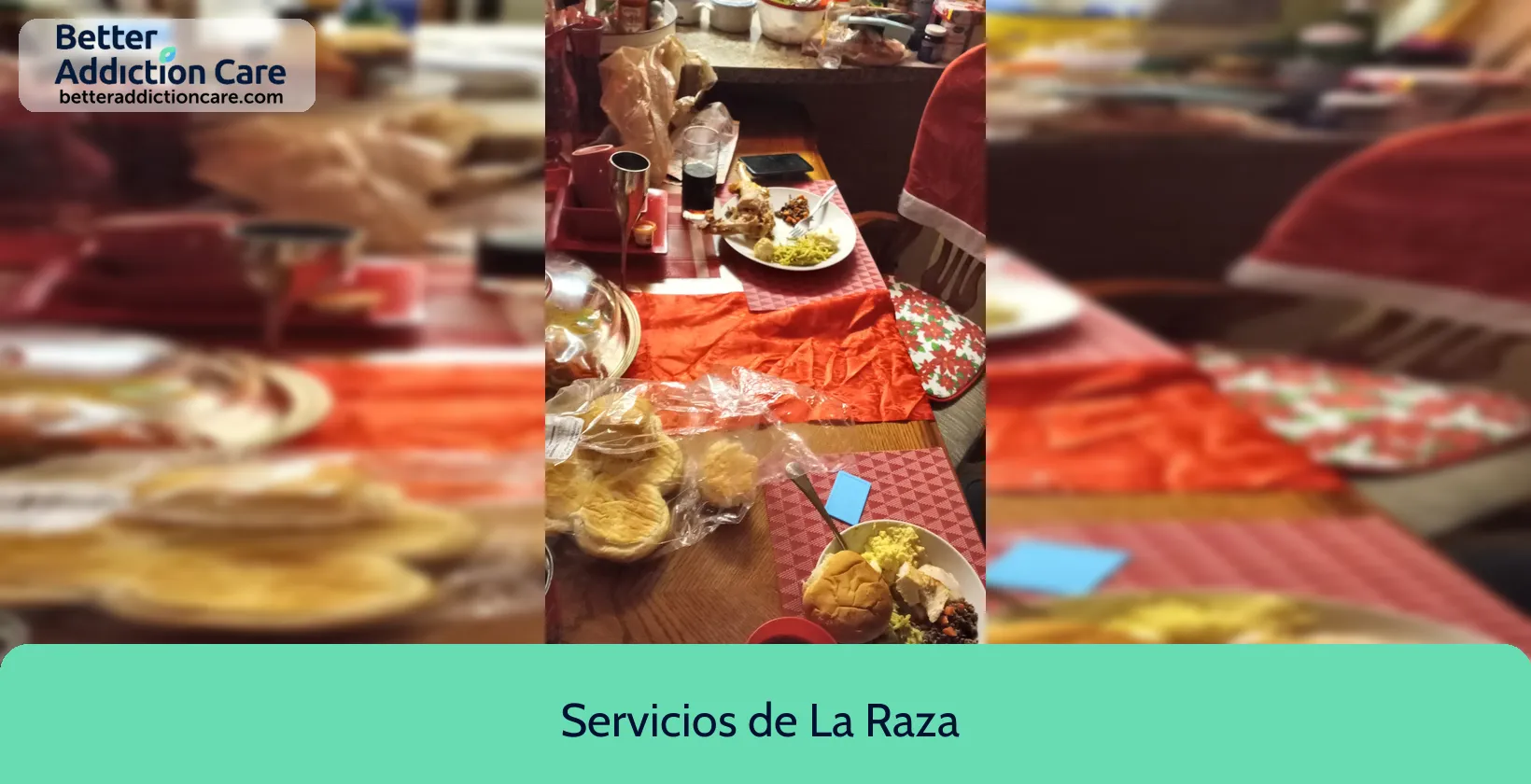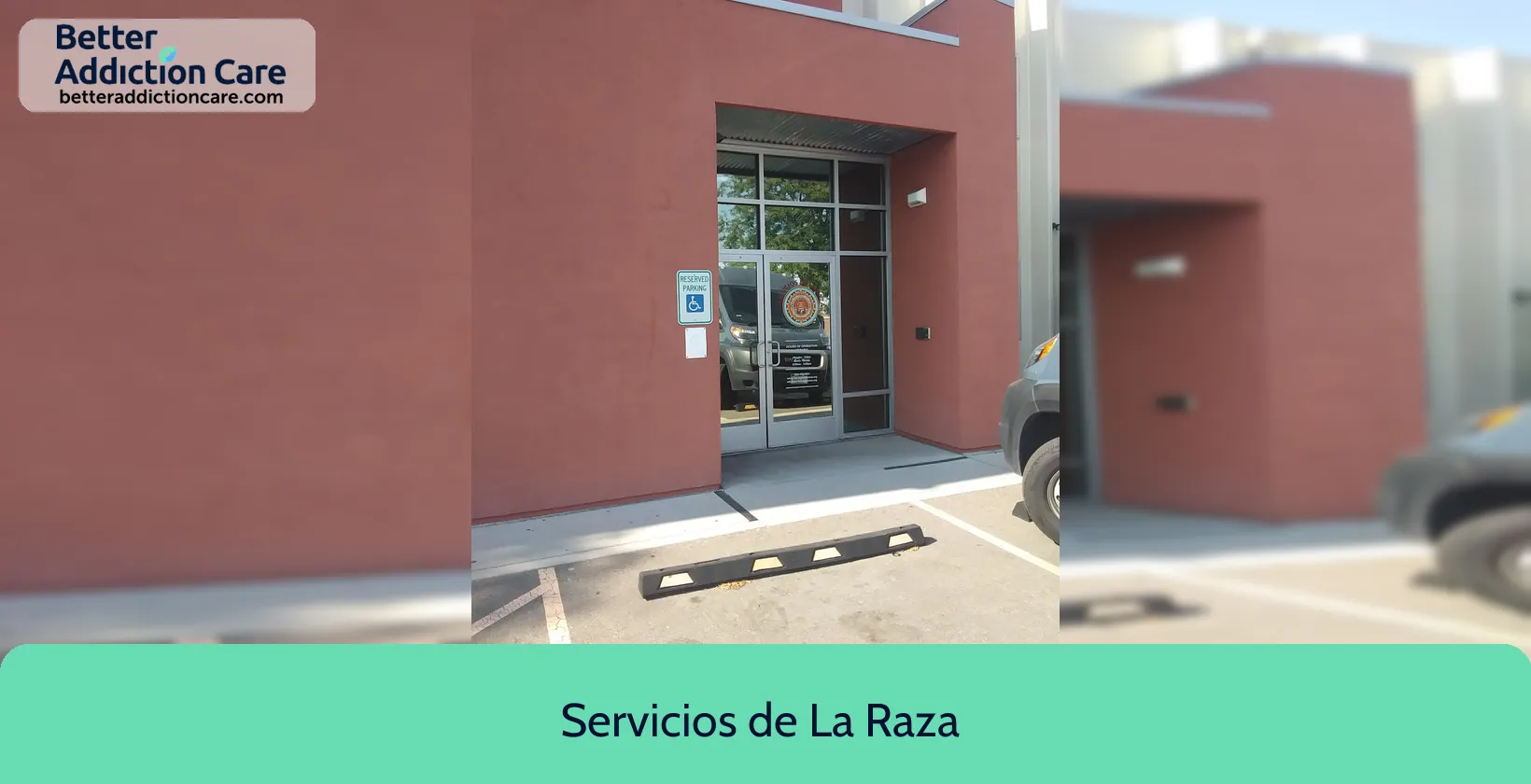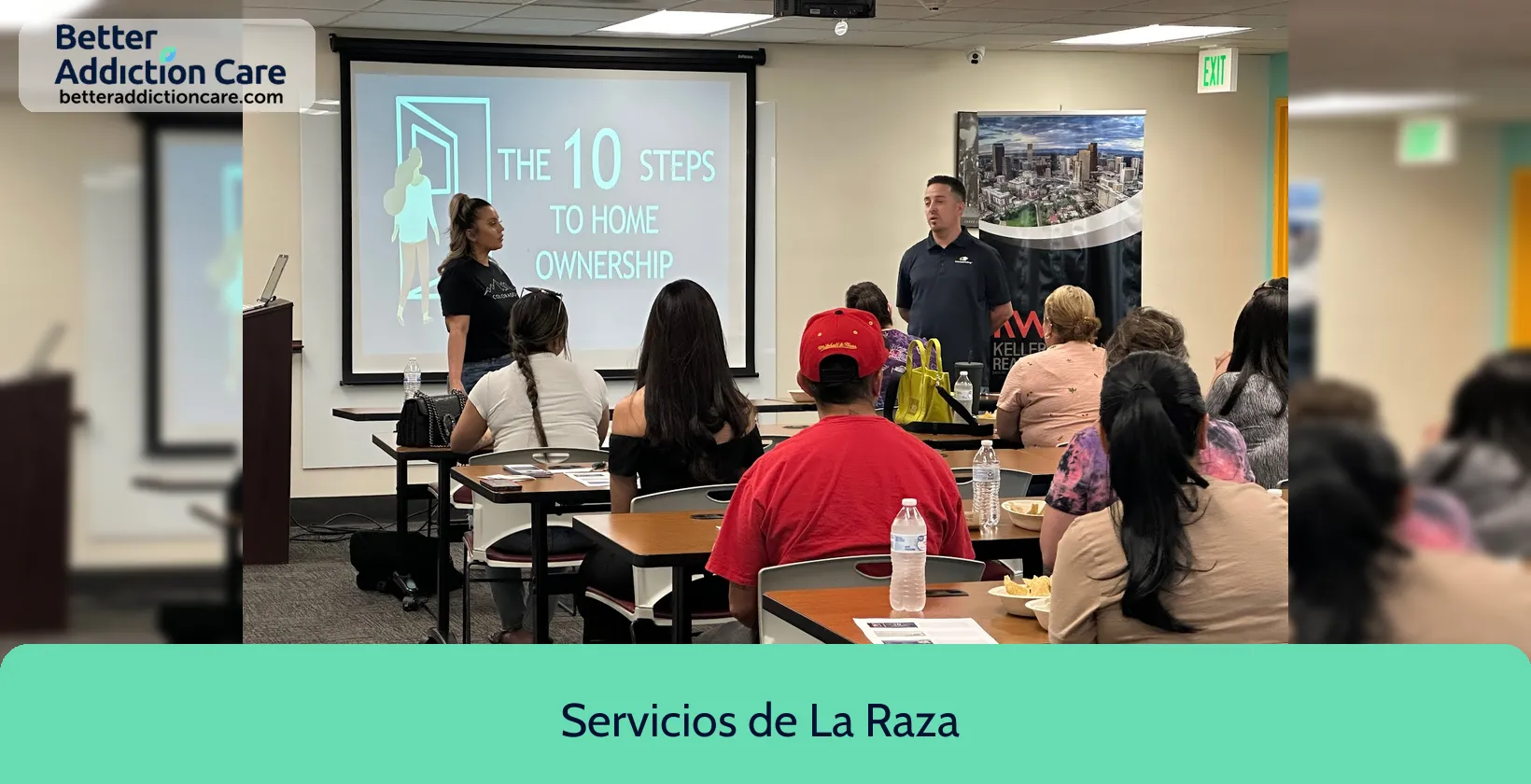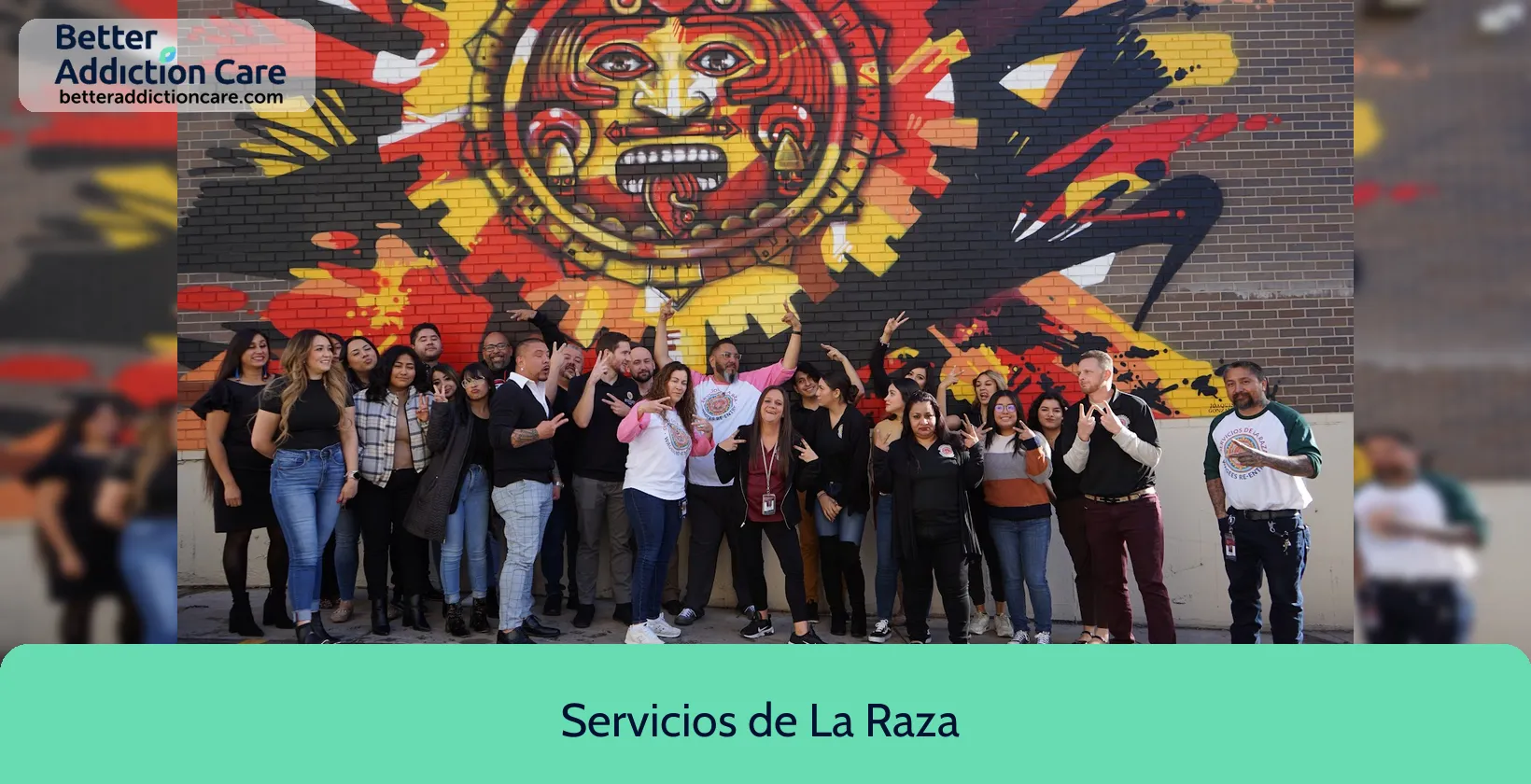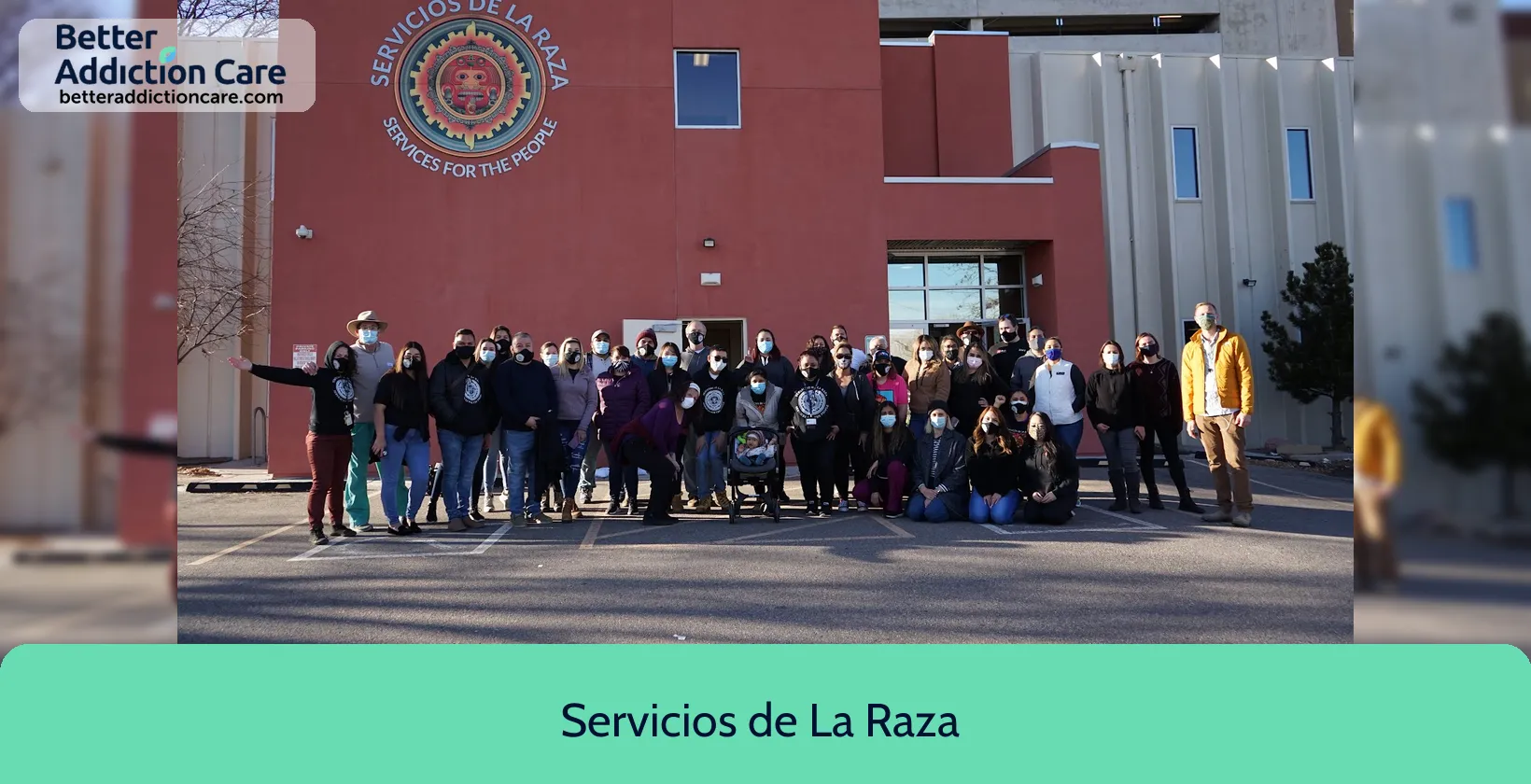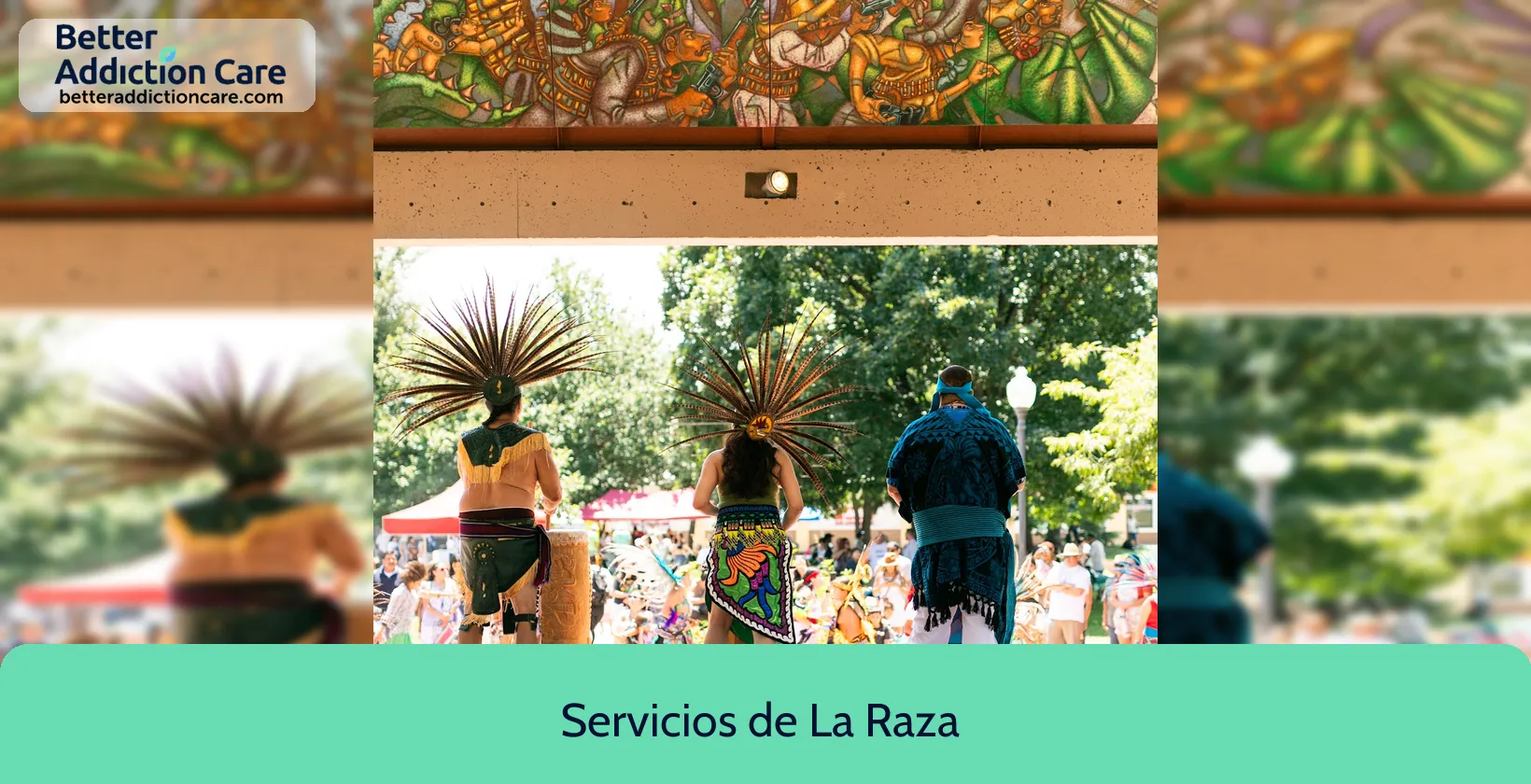Servicios de La Raza - Behavioral Health Department
Overview
Servicios de La Raza - Behavioral Health Department is a mental health treatment center for people seeking treatment near Denver County. As part of their treatment modalities for recovery, Servicios de La Raza - Behavioral Health Department provides couples/family therapy, group counseling, and cognitive behavioral therapy during treatment. Servicios de La Raza - Behavioral Health Department is located in Denver, Colorado, accepting cash or self-payment for treatment.
Servicios de La Raza - Behavioral Health Department at a Glance
Payment Options
- Cash or self-payment
- Medicaid
- State mental health agency (or equivalent) funds
- Other State funds
- County or local government funds
Assessments
- Screening for tobacco use
- Comprehensive mental health assessment
- Comprehensive substance use assessment
Age Groups
- Seniors or older adults
- Young adults
- Children/adolescents
- Adults
- Seniors
Ancillary Services
- Case management service
- Court-ordered outpatient treatment
- Education services
- Family psychoeducation
- Legal advocacy
Highlights About Servicios de La Raza - Behavioral Health Department
6.71/10
With an overall rating of 6.71/10, this facility has following balanced range of services. Alcohol Rehabilitation: 8.00/10, Drug Rehab and Detox: 6.00/10, Insurance and Payments: 6.00/10, Treatment Options: 6.85/10.-
Alcohol Rehabilitation 8.00
-
Treatment Options 6.85
-
Drug Rehab and Detox 6.00
-
Insurance and Payments 6.00
Treatment At Servicios de La Raza - Behavioral Health Department
Treatment Conditions
- Alcoholism
- Mental health treatment
- Substance use treatment
- Co-occurring Disorders
Care Levels
- Outpatient
Treatment Modalities
- Couples/family therapy
- Group counseling
- Cognitive behavioral therapy
- Dialectical behavior therapy
- Integrated Mental and Substance Use Disorder treatment
Ancillary Services
Languages
- Spanish
Special Programs
- Clients with co-occurring mental and substance use disorders
- Veterans
- Criminal justice (other than DUI/DWI)/Forensic clients
- Clients with HIV or AIDS
- Clients who have experienced trauma
Get Help Now
Common Questions About Servicios de La Raza - Behavioral Health Department
Contact Information
Other Facilities in Denver
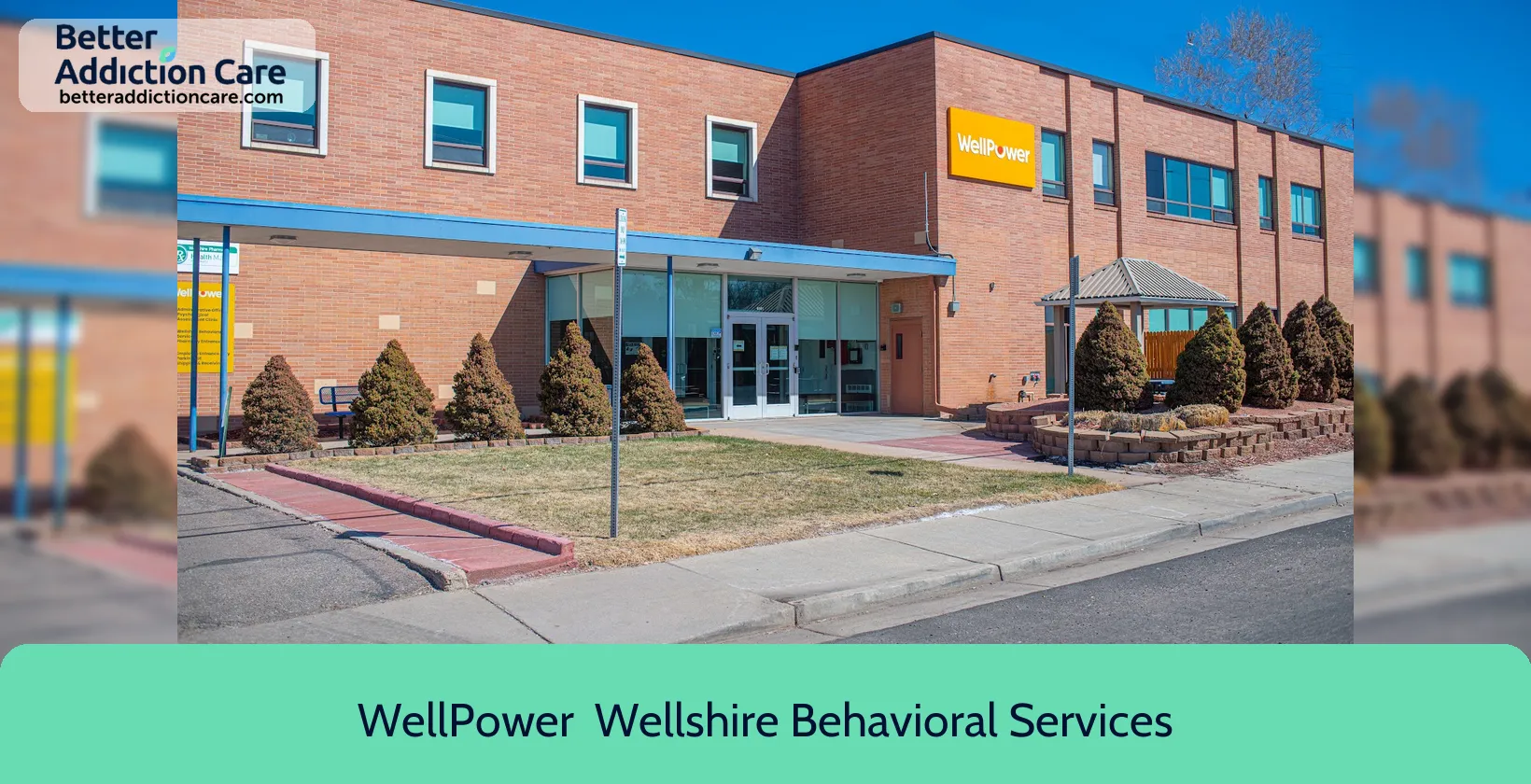
6.71
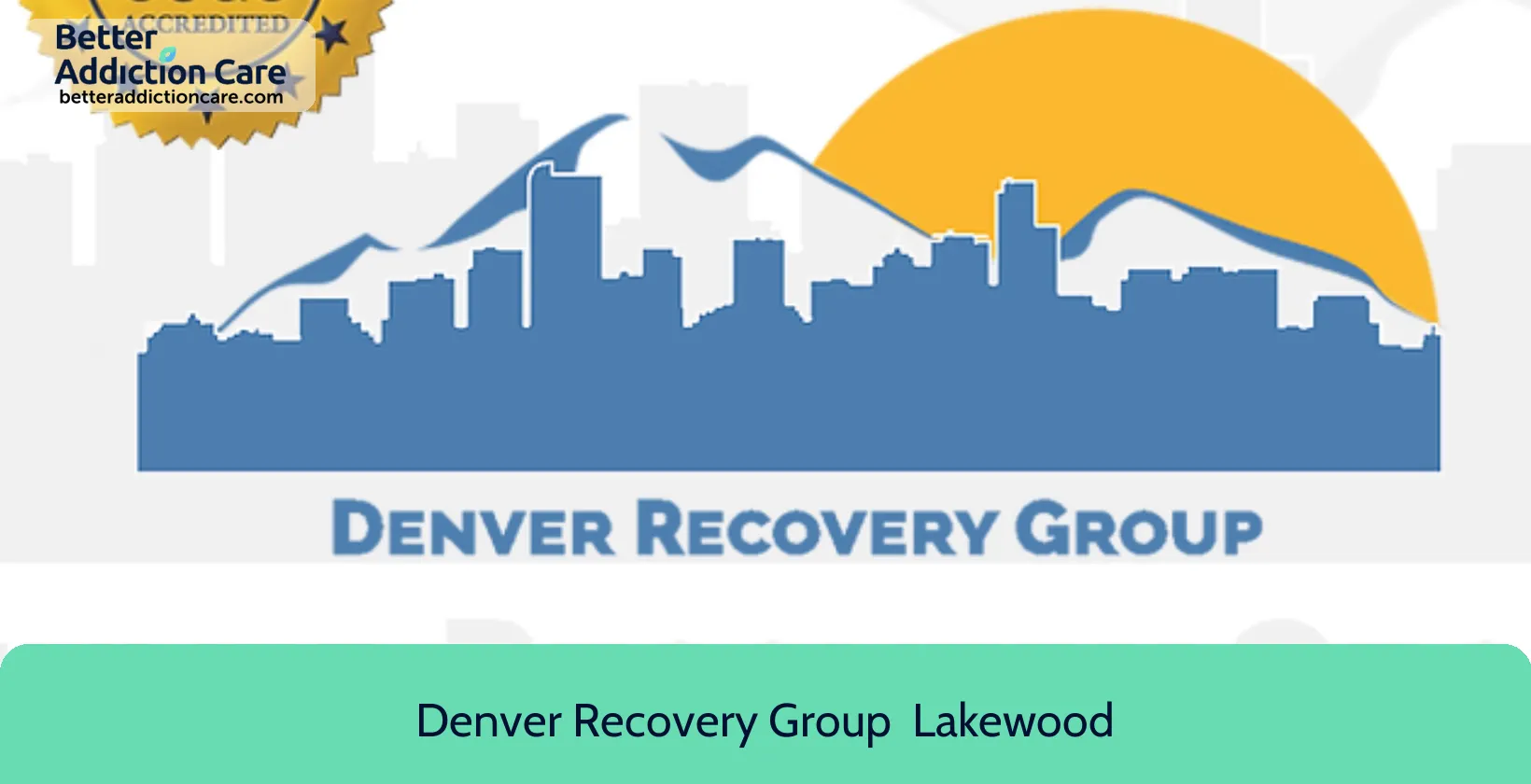
7.13

7.13
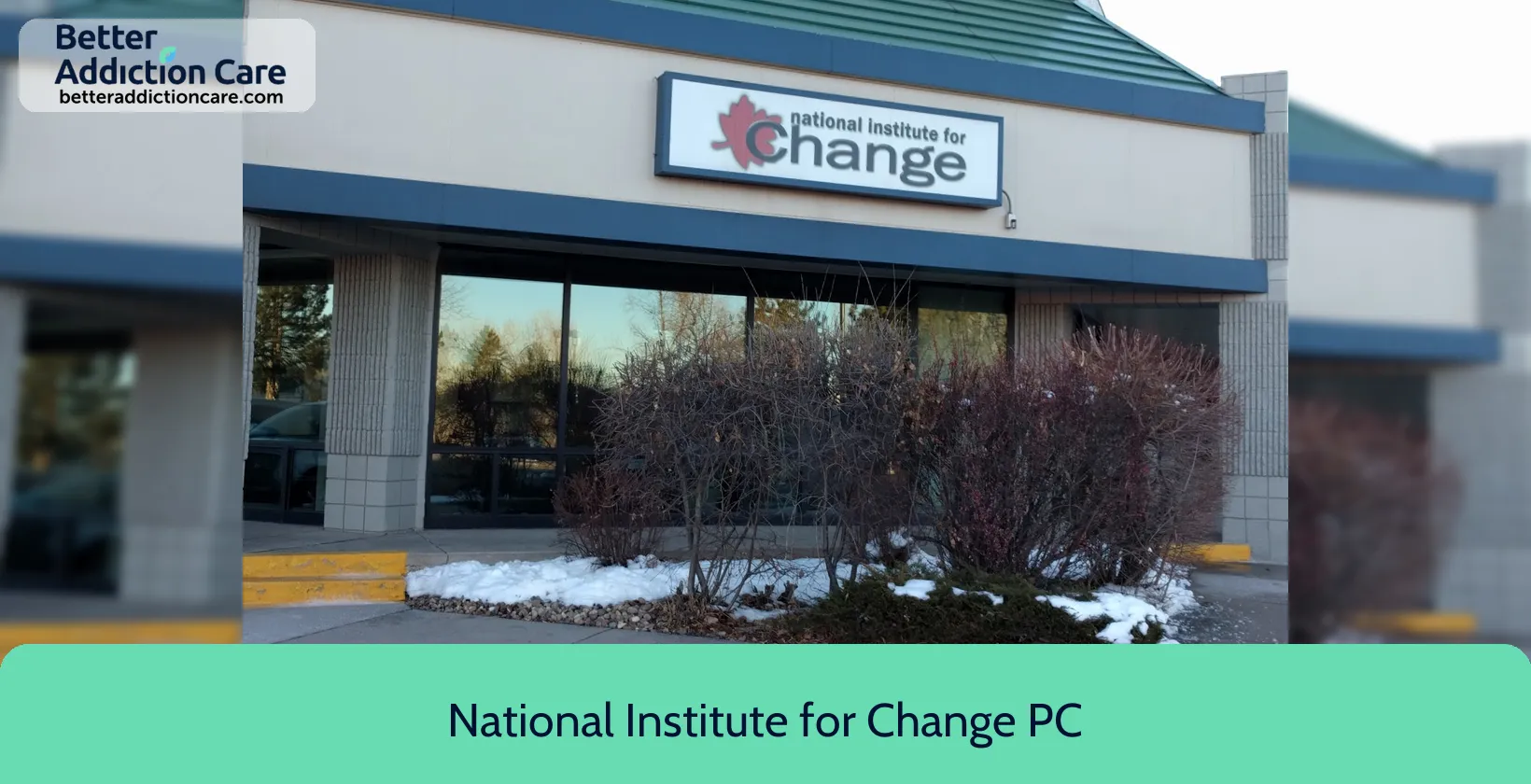
6.86
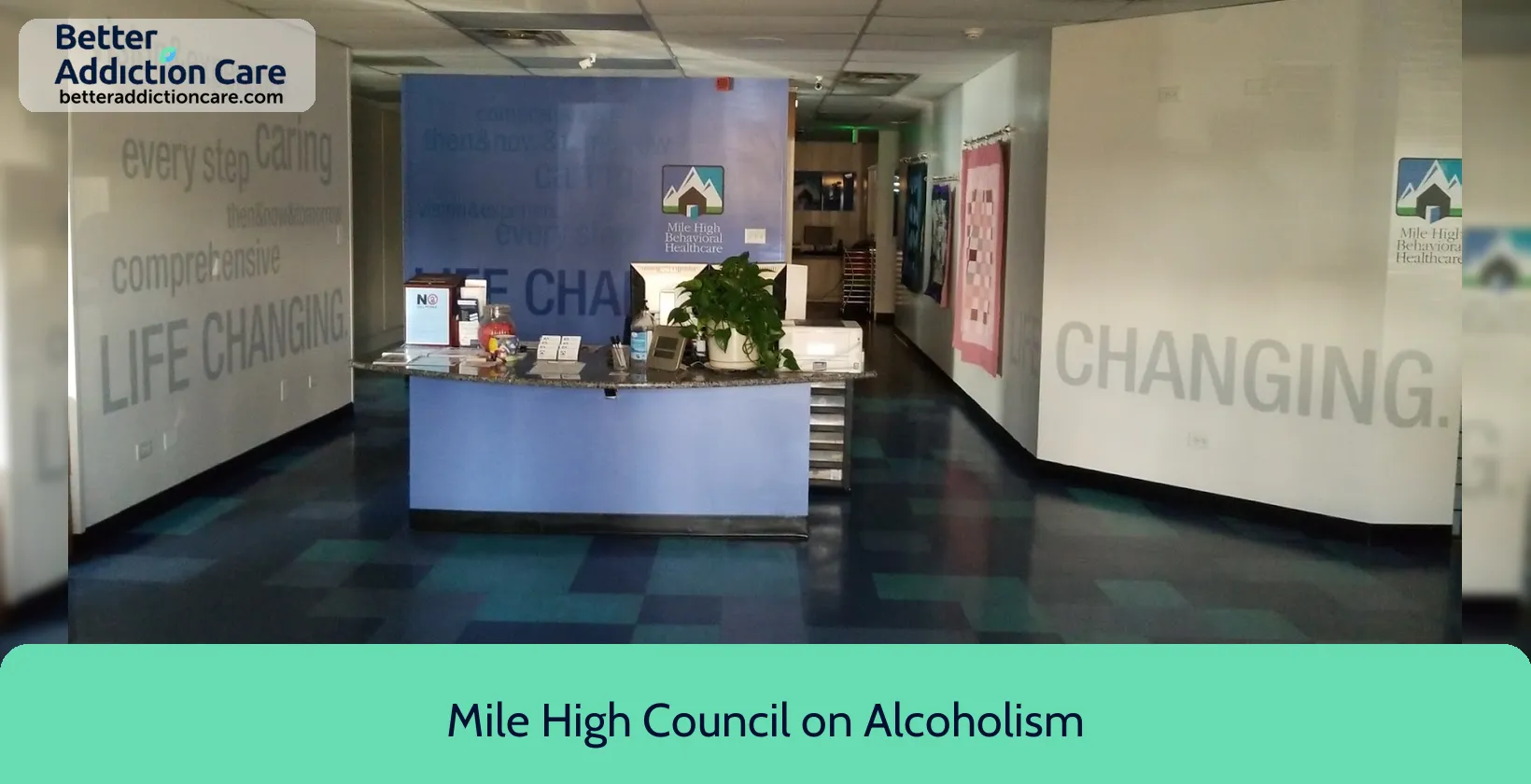
7.32
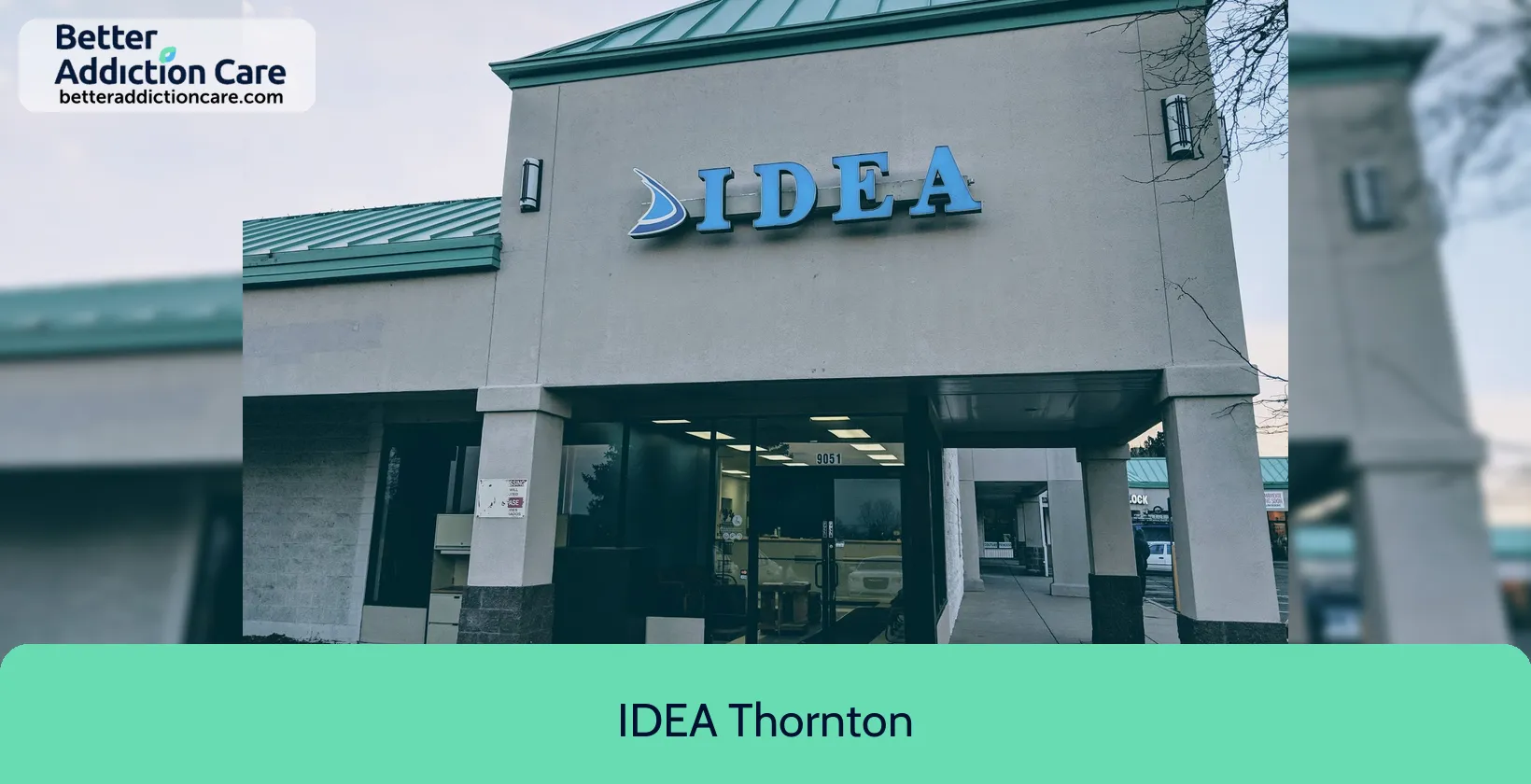
7.24
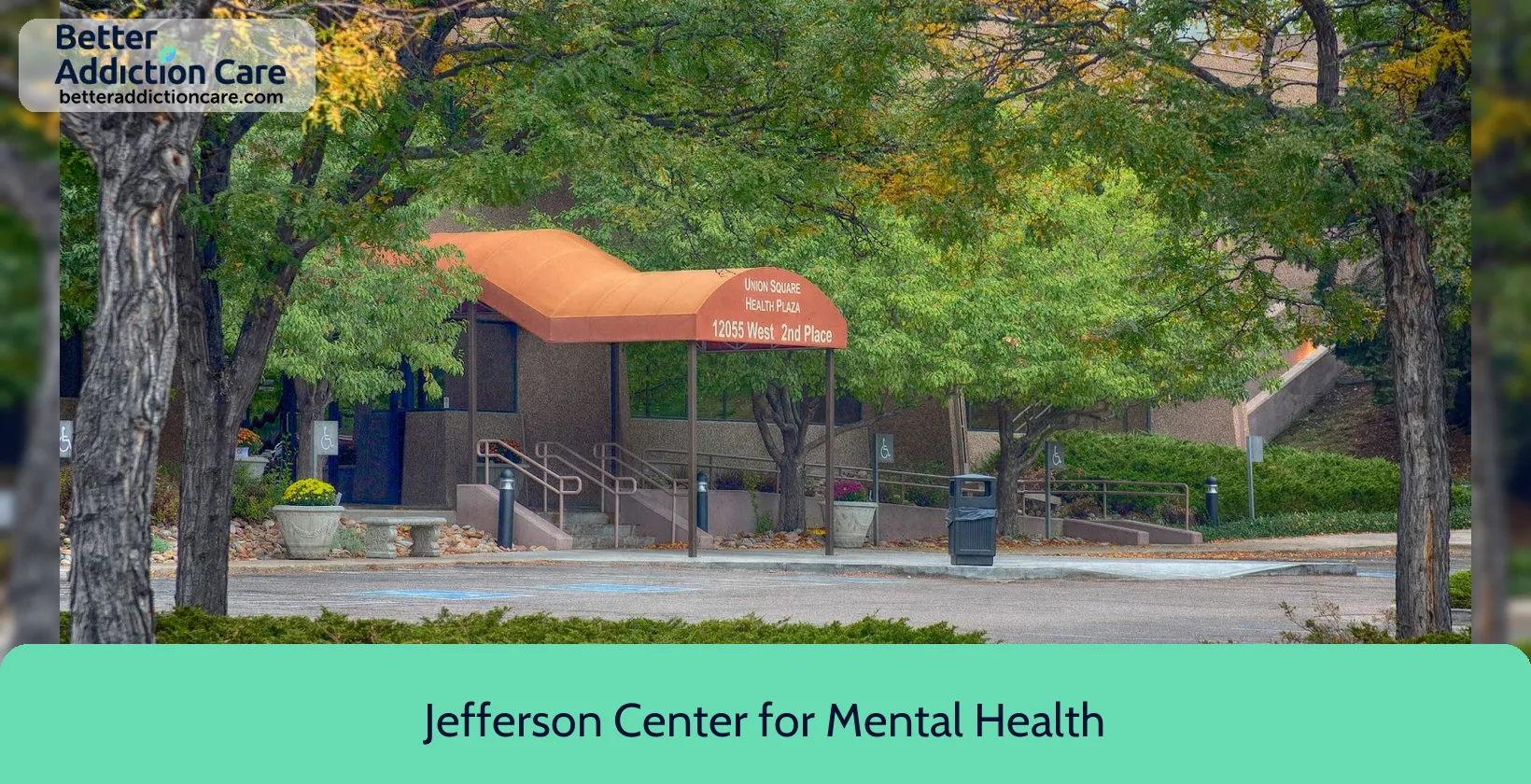
7.31
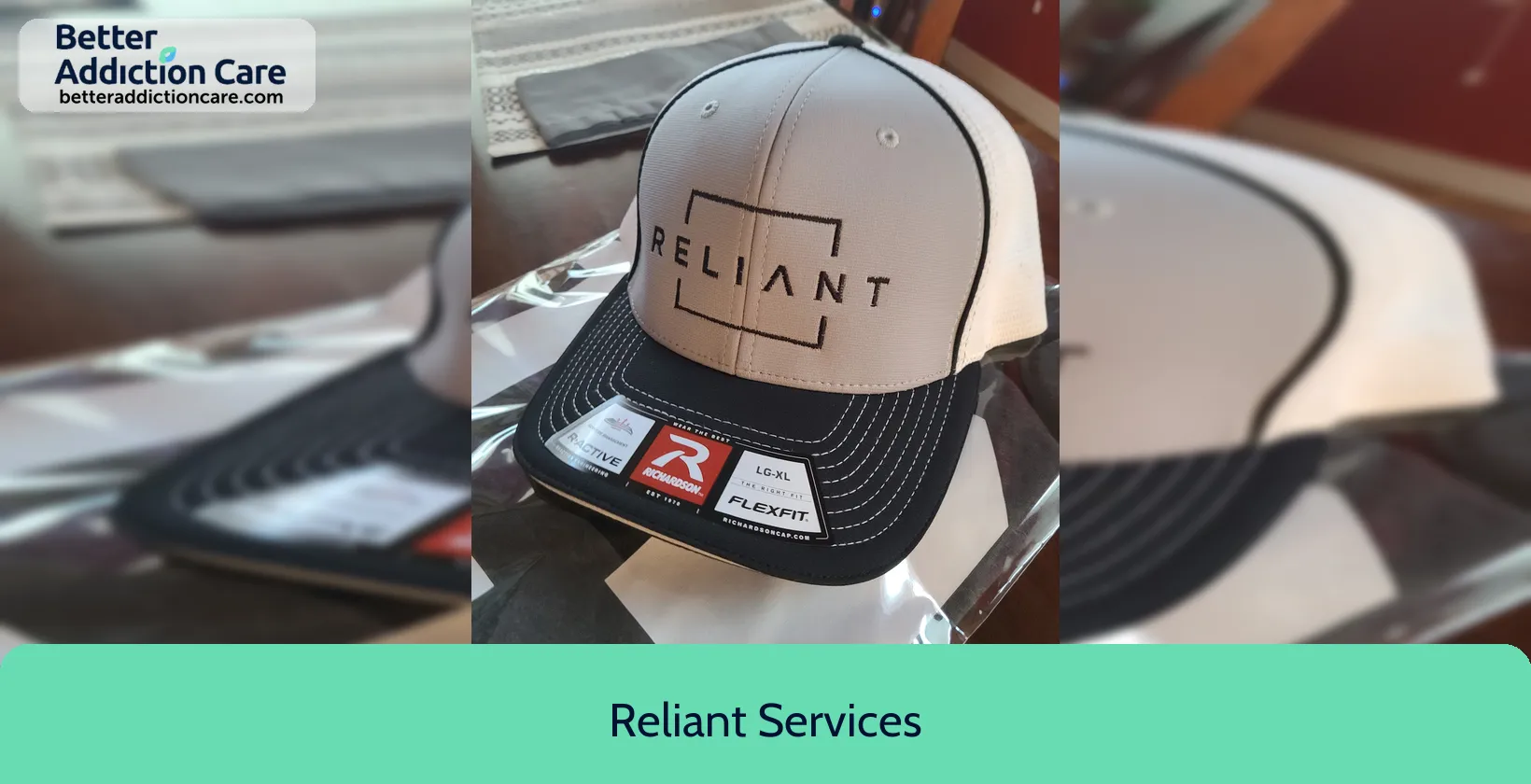
6.74
DISCLAIMER: The facility name, logo and brand are the property and registered trademarks of Reliant Services, and are being used for identification and informational purposes only. Use of these names, logos and brands shall not imply endorsement. BetterAddictionCare.com is not affiliated with or sponsored by Reliant Services.
